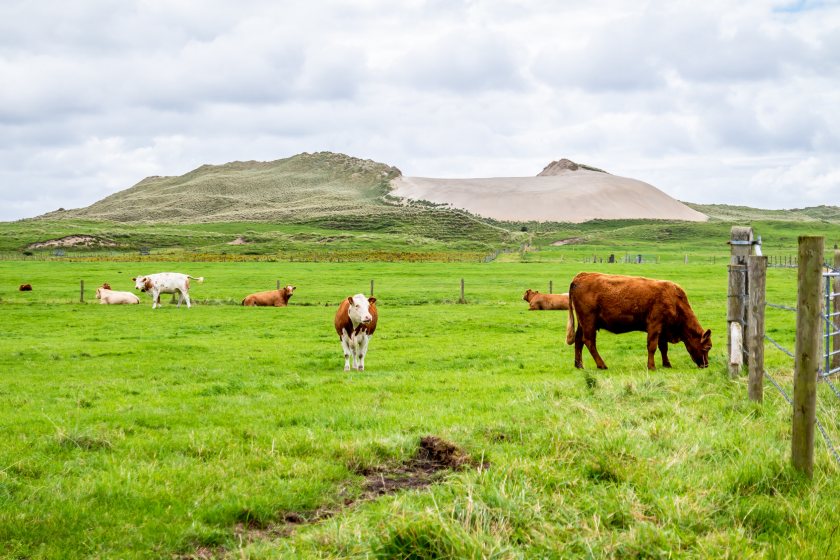NI farmers warned to act as tougher BVD rules hit on 1 December

Farmers across Northern Ireland are being urged to act fast as new bovine viral diarrhoea (BVD) restrictions come into force on 1 December, tightening the rules for herds with untested cattle and risking costly disruption for those who fall behind on testing.
The Department of Agriculture (DAERA) has confirmed that the threshold for triggering a herd-level restriction will drop to 10 untested animals (BVDUs) over 30 days old. Any herd meeting or exceeding that number will face immediate movement controls.
The change forms part of the phased rollout of Northern Ireland’s strengthened BVD eradication measures, introduced earlier this year to eliminate the highly infectious and economically damaging cattle disease.
Agriculture Minister Andrew Muir said he was encouraged that “most farmers appreciate the impact this disease has on productivity and profitability”, noting a 42% reduction in untested animals over the past year.
But he warned that almost 9,000 BVDU-status cattle remain across Northern Ireland, some of which “may be infected with the virus” and continue to pose a risk within and between herds.
Under the new rules, herds with 10 or more untested animals over 30 days old will be restricted, preventing all inward and outward moves except for direct slaughter or disposal. Associated herds identified by DAERA due to shared risk factors will also face restrictions.
Muir cautioned that around 180 additional herds could fall under these controls in December if they do not act now. “No herd needs to be restricted because of untested animals,” he said, urging farmers to tissue-test calves promptly and ensure older BVDU cattle are tested using supplementary ear tags or veterinary blood sampling.
For affected herds, restrictions could delay routine sales, interrupt winter housing plans and place further financial pressure on already tight margins.
Animal Health & Welfare NI (AHWNI), which delivers the eradication programme, also welcomed the tighter threshold. Chief executive Dr Sam Strain said farmers had made “substantial progress”, but stressed that infection may still be present in untested animals. Identifying them, he said, is essential to achieving full eradication.
BVD remains one of the most damaging cattle diseases in the UK, hitting productivity, health and fertility. Persistently infected (PI) calves shed the virus throughout their lives and are the main source of spread.
DAERA is urging herd keepers to familiarise themselves with the updated rules and complete all required testing to avoid restrictions and disruption this winter.








